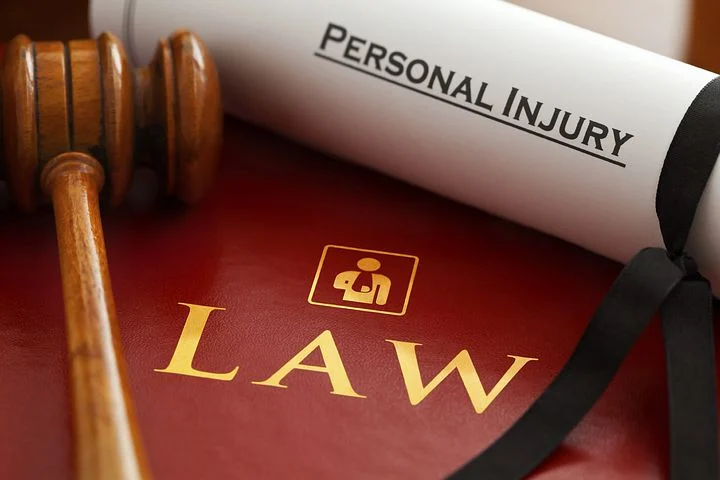Personal injury cases are civil actions brought to court when an individual suffers harm due to another person’s or entity’s negligence or wrongdoing. These cases are typically filed to seek compensation for the damages the individual has suffered, which can include medical bills, lost wages, and other expenses related to the injury, as well as compensation for the pain and suffering the individual has experienced. A catastrophic accident attorney can help you understand how to enhance the potential of your case.
However, it is not uncommon for personal injury cases to receive reduced compensation. There are several reasons why this may occur.
- Partial fault
One reason why personal injury cases may receive reduced compensation is if the individual who has been harmed is found to be partially at fault for the accident or injury. In many states, the doctrine of comparative negligence is applied in personal injury cases. This means that the amount of damages an individual can recover is reduced by the percentage of fault they are found to have in the accident or injury.
- Pre-existing medical issues
Another reason why personal injury cases may receive reduced compensation is if the individual who has been harmed has a pre-existing medical condition or injury. In some cases, it can be challenging to determine how much a pre-existing condition or injury has contributed to the individual’s current condition. Suppose an individual has a pre-existing condition or injury. In that case, the defendant may argue that the individual’s current condition is not solely the result of the accident or injury and that some of the damages should not be compensated.
- Mitigation of damages
A third reason why personal injury cases may receive reduced compensation is if the individual who has been harmed has not taken reasonable steps to mitigate their damages. This can include failing to seek medical treatment promptly or following a medical professional’s treatment recommendations. If an individual has not taken reasonable steps to mitigate damages, the defendant may argue that some of the damages should not be compensated.
3. Improper documentation
A fourth reason personal injury cases may receive reduced compensation is if the damages that the individual has suffered are not fully documented or cannot be proven. To recover damages in a personal injury case, the individual must be able to provide evidence of the damages they have suffered. This can include medical records, bills, and other documentation. The individual may receive reduced compensation if the damages are not fully documented or cannot be proven.
